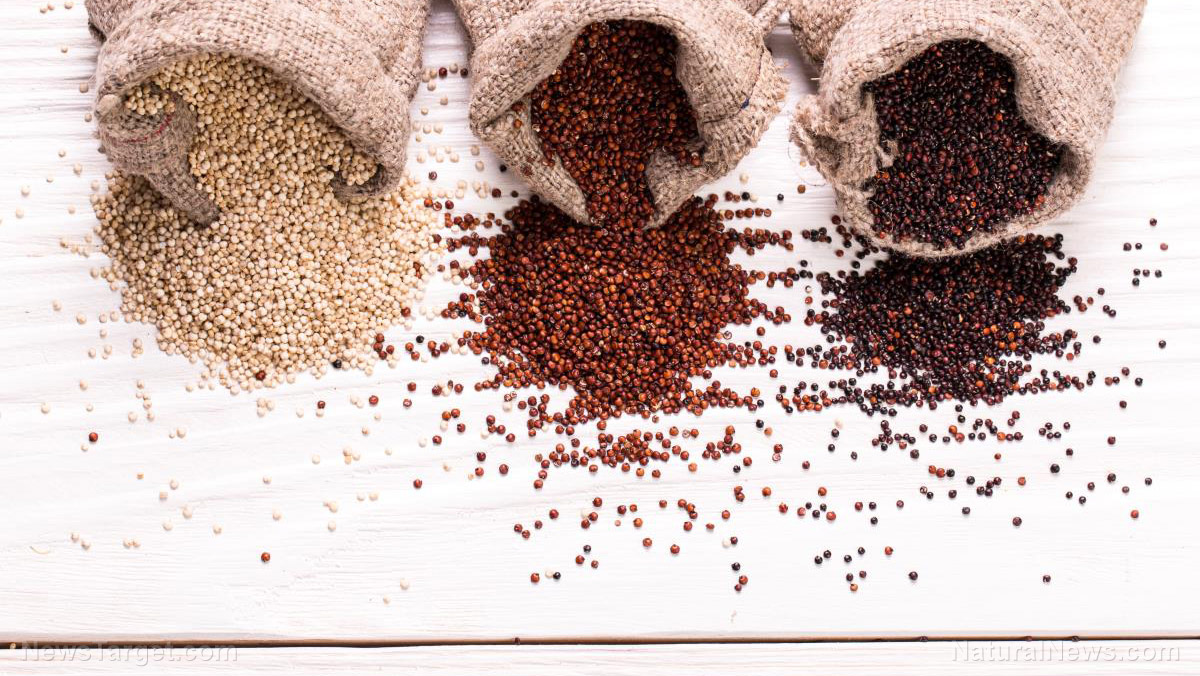Victory: Seed sharing platform disrupting dangerous companies who control more than 60% of the global seed supply
Monday, May 08, 2017 by: Vicki Batts
Modern farming practices, however, have taken their toll on biodiversity. In fact, in less than a century, the United States alone has seen fruit and vegetable seed diversity decrease by 1200 percent. In total, about 93 percent of once-diverse crop and plant species have vanished. Worldwide, plant diversity has decreased by a staggering 75 percent. Consolidation of agriculture has had a serious impact on plant life, and monoculture farming practices don’t help the matter. As reported, “[M]onocultures strip the land of nutrients: Where you once had self-sustaining harvest cycles, you get farm land denuded of nutrients that then needs copious chemical fertilizers to grow more food. And the crops themselves become vulnerable to plant diseases.”
The dangers of monoculture farming are made worse by the fact that just five companies own more than 60 percent of the global seed market. Monsanto, Dow, Bayer, Syngenta and DuPont have all but dominated the agricultural marketplace, and their presence has had deleterious effects on both the industry and the environment. The corporate monopoly is so bad that regulations have even made it possible for these companies to outlaw the collection and replanting of seeds — and many farmers have become trapped in a cycle of ever-shrinking crop diversity. Not only are these practices hard on farmers, they also set the stage for a possibly devastating food security crisis: Reduced diversity generally equals increased susceptibility, after all. And it’s well-known that plant diversity increases crop health and bolsters harvests — even if these toxic agribusinesses want consumers to believe otherwise.
But there is hope; many farmers and home gardeners are looking to not only increase biodiversity, but to “stick it” to the corporate world through this new peer-to-peer seed sharing program. Thanks to the Center for Food Safety, this seed-sharing initiative has a global platform to be shared on. This massive network will serve to allow more people to take part in the conservation and preservation of plant diversity — as well as to save “our public food system from corporate consolidation.”
As TreeHugger explains, “The Global Seed Network is meant to be used by farmers, home gardeners, nonprofit organizations, and the general public, who can connect with other seed savers to trade for uncommon and disease-resistant varieties that are tailored to their soil and climate conditions.”
This “social network” for seeds will not only provide opportunities for seed swapping, but also the opportunity for people to share their knowledge and experiences with a variety of growing techniques, to answer each other’s questions and more. The site will also feature a search function so users can learn more about plant species native to their region and what will grow best where they live, soil conditions, natural pest prevention, plant diseases, watering needs and more. Truly, the network will be an endless fountain of knowledge for active and engaged users.
You can learn more about this outstanding initiative at GlobalSeedNetwork.org.
Sources:
TreeHugger.com
NaturalNews.com
No comments:
Post a Comment